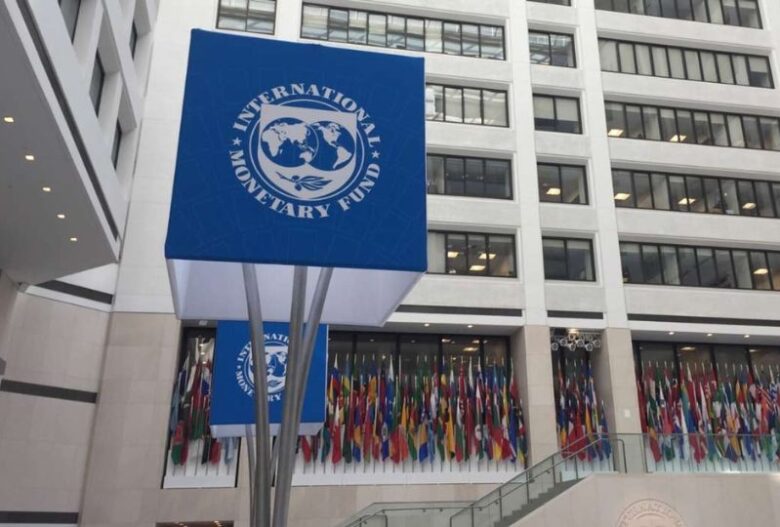The World Bank has revised a $350 million loan to Nigeria intended for completing seven crucial power plants at educational institutions, extending the project’s closing date to December 31, 2024.
This revision, outlined in the Restructuring Paper for the Nigeria Electrification Project (NEP), addresses delays caused by geotechnical issues, community disturbances, and COVID-19-related disruptions.
Approved on June 27, 2018, the NEP aims to improve electricity access for households, public institutions, and underserved micro, small, and medium enterprises (MSMEs).
Despite progress, the completion of the seven power plants, essential to the project’s success, has encountered delays. To ensure the plants are completed as originally planned, including necessary additional tasks, the project’s deadline has been extended by five months.
The revised schedule expects all seven plants to be completed by the end of the third quarter of 2024. The final quarter will focus on site handovers and initiating a sustainability plan, during which the EPC contractors will provide performance guarantees for the operational and maintenance periods.
The NEP includes developing private sector mini-grids, expanding standalone solar systems for low-income households, and providing sustainable power to public universities and associated teaching hospitals. As of June 2024, the project had connected nearly 59,000 households and MSMEs through mini-grid grants and about 1.09 million households and MSMEs via standalone solar systems.
However, Component 3, the Energising Education Program Phase II (EEP II), has faced delays with completion levels ranging from 35% to 80% across various sites.
To date, $265.32 million of the $350 million loan has been disbursed, leaving an undisbursed balance of $84.68 million.
At the University of Abuja, the project is 65% complete and is dealing with challenges such as rocky ground and uneven surfaces. Additional work required includes drilling for anchorage, building retaining walls, and constructing a 1.4 km access road.
At Michael Okpara University of Agriculture, Umudike, which is 85% complete, issues with non-compliant transmission line materials necessitate the replacement of 12.6 km of aluminum conductor with aluminum conductor steel-reinforced line.
The University of Calabar & Teaching Hospital, also 65% complete, faces problems with collapsed drainage and unsuitable soil for pile-driving, requiring new drainage channels and flood reclamation. At the University of Maiduguri & Teaching Hospital, 79% of the work is complete, but challenges such as a refuse dump and unsuitable soil necessitate backfilling and the construction of a double circuit transmission line.
The Federal University of Agriculture, Abeokuta, is 90% complete, with difficulties including basement rock formations and right-of-way encroachment. The project here involves extending drainage channels and underground cabling.
The Federal University, Gashua, has completed its downstream distribution network but faces challenges from rapid expansion and increased electricity demand, requiring the addition of an 8.7 km 11 kV distribution network.
Lastly, the Nigeria Defence Academy, Kaduna, has only 15% of its upstream distribution network completed. Issues such as vandalised transmission lines need addressing, with additional work including the replacement of a 33 kV double circuit and the construction of a 16 km 33 kV single circuit transmission line.









Got a Question?
Find us on Socials or Contact us and we’ll get back to you as soon as possible.